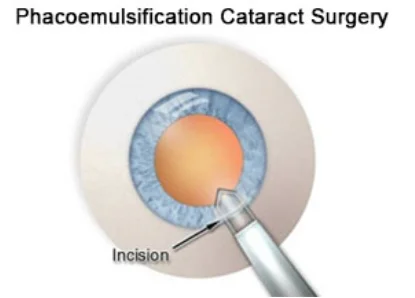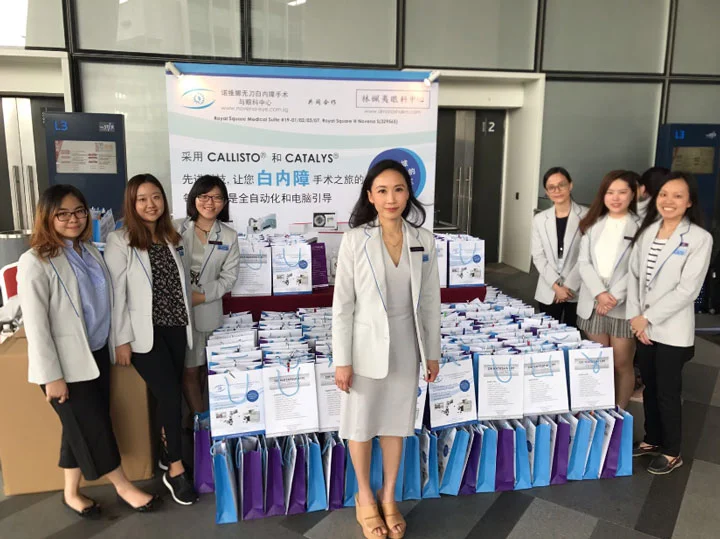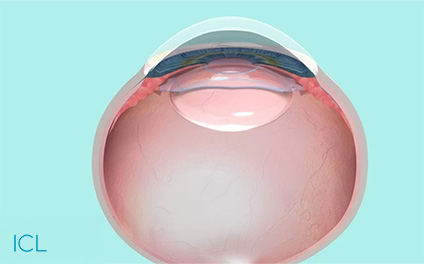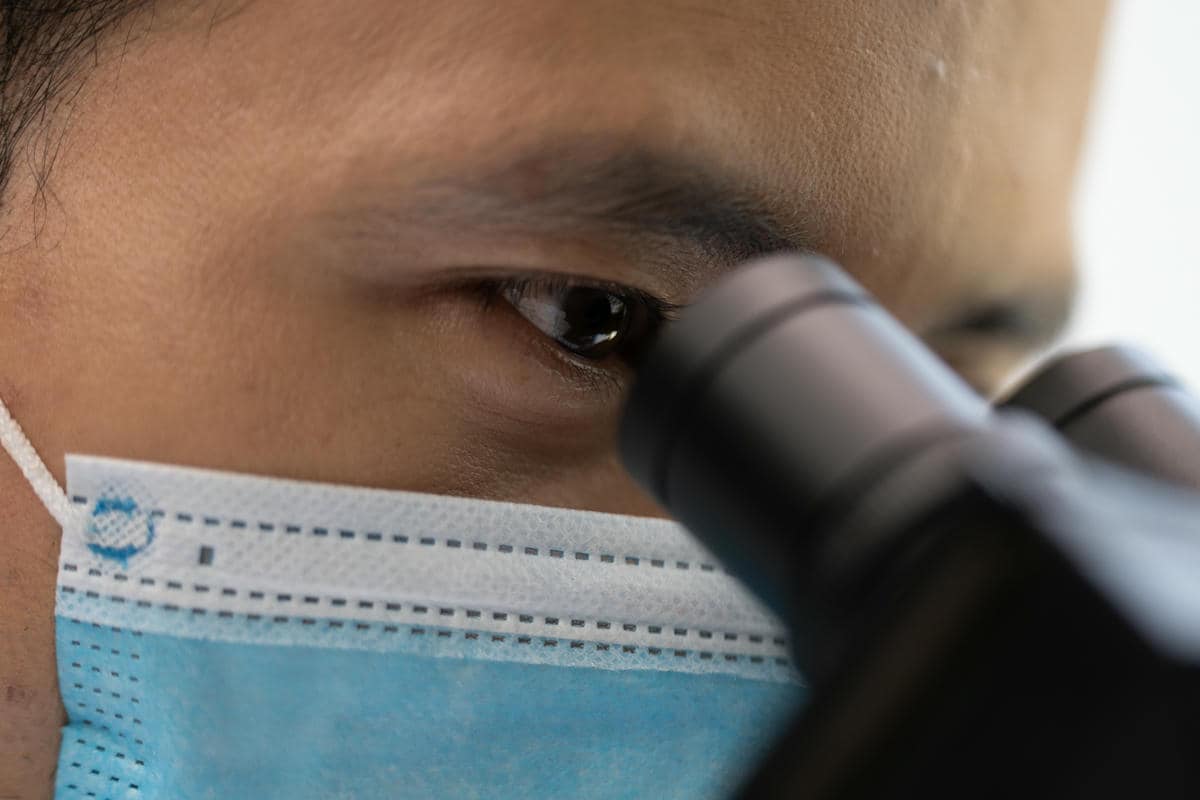Manual Phacoemulsification is a form of cataract surgery performed by Dr Natasha Lim which is one of the most successful and reliable surgical procedures. With over 1 million patients of the treatment yearly, it is also one of the most common of all elective surgical procedures in the world. Phacoemulsification is also known as small …
Manual Phacoemulsification is a form of cataract surgery performed by Dr Natasha Lim which is one of the most successful and reliable surgical procedures. With over 1 million patients of the treatment yearly, it is also one of the most common of all elective surgical procedures in the world.

Phacoemulsification is also known as small incision cataract surgery or “no-stitch surgery” which is a swift surgical procedure which may take approximately 15 minutes. Some factors which affect how long it takes are things such as astigmatism, the degree of cataract and the lens implant in use. Most phacoemulsification surgeries are performed as day surgeries and the patient is put under local anaesthesia. The surgery is usually performed one eye at a time as this allows for visual acuity to return to the first eye before undergoing second eye surgery.
Dr Natasha Lim performs micro-incision phacoemulsification surgery which have these benefits:
- The procedure is quick and efficient
- The incision heals quicker than large incision surgery as it is less invasive
- Vision returns almost immediately after the surgery
- Recovery time is much lower and patients are able to return to normal activities and driving much quicker than patients of large incision surgery
- Vastly increased predictability of surgery outcome compared to large incision surgery
Cataracts are treated by removing the cataracts and replacing them with lens implants, Intraocular lens implants are used to replace the cataractous human lens during surgery and are designed to allow much sharper vision. The lens implants are either monofocal which means it has a fixed focus or multifocal which means it has two or more focus points, usually for distance and closeby.

There are several types of lens implants available from different manufacturers. Dr Natasha Lim is well versed and knowledgeable in the use of a wide array of the most advanced lenses available in the market and aims to provide all of her patients with freedom from spectacles, even those who may suffer from extreme refractive errors.
Dr Natasha Lim utilizes state-of-the-art aspheric lenses which are designed to optimize vision and improve visual acuity in low contrast conditions or areas with low light levels. These high quality lenses provide a sharper focus of vision and can be both monofocal or multifocal. Dr Lim also allows for usage of toric monofocal and toric multifocal lenses which corrects any pre-existing astigmatism.
Each patient requires different optimal lens implants and Dr Lim will help advise as to which are the best lens for each individual patient. The optimal lens implant depends on a number of factors, mainly involving visual requirements, in which Dr Lim will thoroughly understand through consultation sessions and depending on the best lens implants for the eye, a monofocal implant or extended depth of focus implant ( multifocal EDOF ) will be recommended. These implants are expected to last for an entire lifespan.
On the rare occasion that post cataract surgery, a patient still requires glasses. Dr Natasha Lim is able to help them using BIoptics which refers to the stages procedures of bladeless cataract surgery and laser eye surgery. For patients suffering from high astigmatism or a large prescription left after cataract surgery, it is possible for her to perform laser eye surgery to minimise dependence on glasses. Dr Natasha Lim has vast experience in laser eye surgery and can discuss potential treatment options for a patient.

In regards to finance, medisave can be claimed for the cataract surgery which can also be combined with medishield, private medical insurance health policies, employment insurance plans, international insurance plans for expatriates and others depending on the level of your insurance coverage.
Post cataract surgery, cataract will never return. Approximately 30% of patients of cataract surgery have laser treatment to clear a cloudy lens capsule which may result in blurred vision months or years after cataract surgery. The laser procedure is called YAG capsulotomy which is a quick and highly effective procedure that normally will never need to be repeated.





